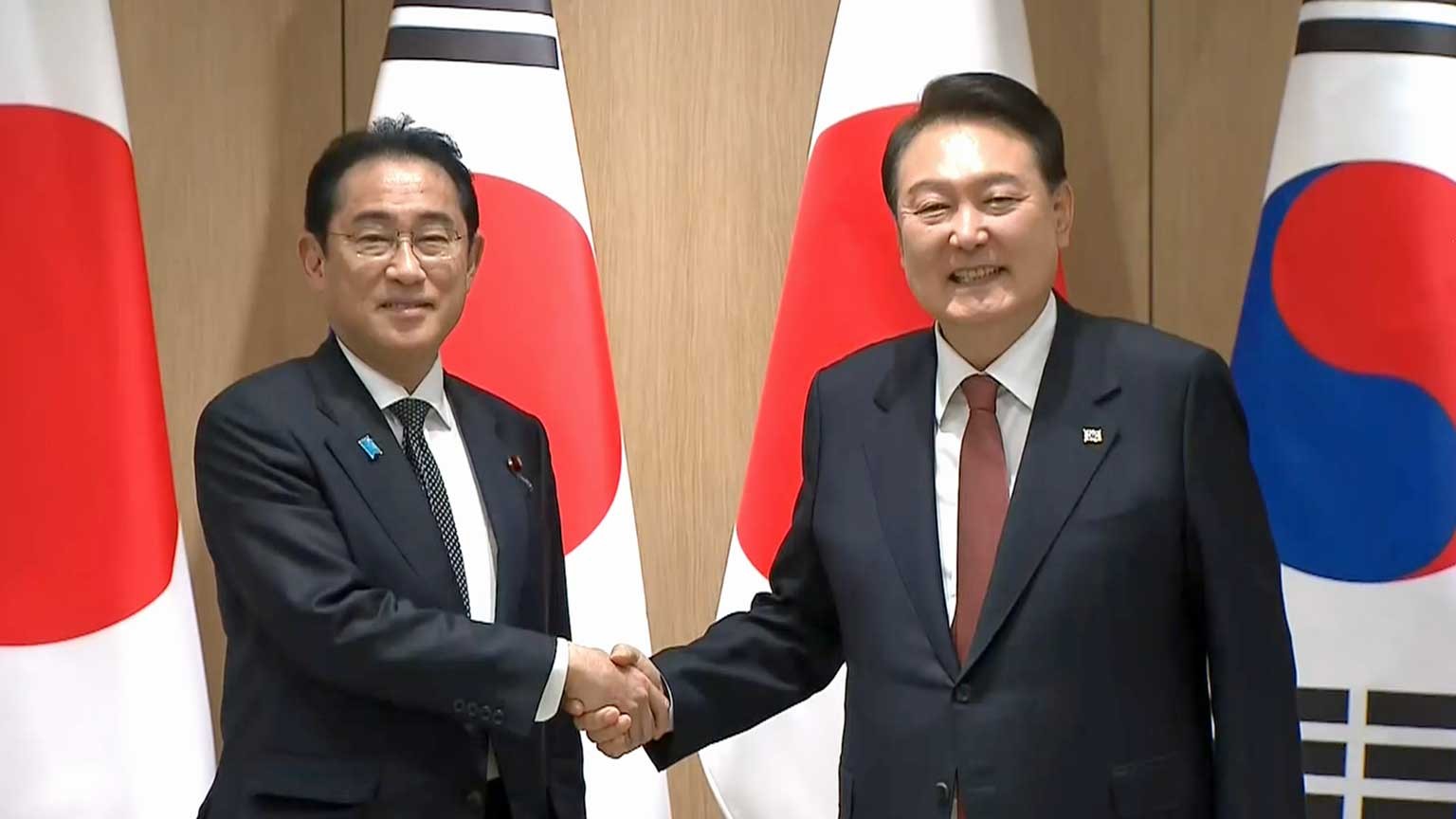The leaders on Sunday held a summit in Seoul, which marked the first full-fledged resumption of mutual visits between the two countries in 12 years.
Kishida and Yoon welcomed the restart of what they call "shuttle diplomacy," referring to the exchange of visits. The South Korean president made a trip to Japan less than two months earlier in March.
The summit in Seoul saw the leaders confirm that they will strengthen bilateral and trilateral security cooperation among Japan, South Korea, and the United States. The focus on security comes amid North Korea's nuclear and missile development.
Leaders seek to move beyond wartime labor issue
The push to repair ties seeks to turn a corner on a relationship that had grown increasingly strained over the issue of wartime labor. Kishida told Yoon at the summit that his government inherits the positions of previous Cabinets on historical matters.
In a 1998 declaration, then-Prime Minister Obuchi Keizo expressed his "deep remorse and heartfelt apology" for what he described as "tremendous damage and suffering" caused by Japan to the people of South Korea through its colonial rule.
Kishida also touched on the issue at a joint news conference after the meeting. He said he is heartbroken that many people endured significant suffering and sadness under the harsh environment at the time.
Yoon stressed that his government will implement a plan it announced in March to settle the issue.
It involves having a South Korean government-affiliated foundation pay damages in place of Japanese companies to plaintiffs who say they or their families were forced to work for the firms during World War Two.
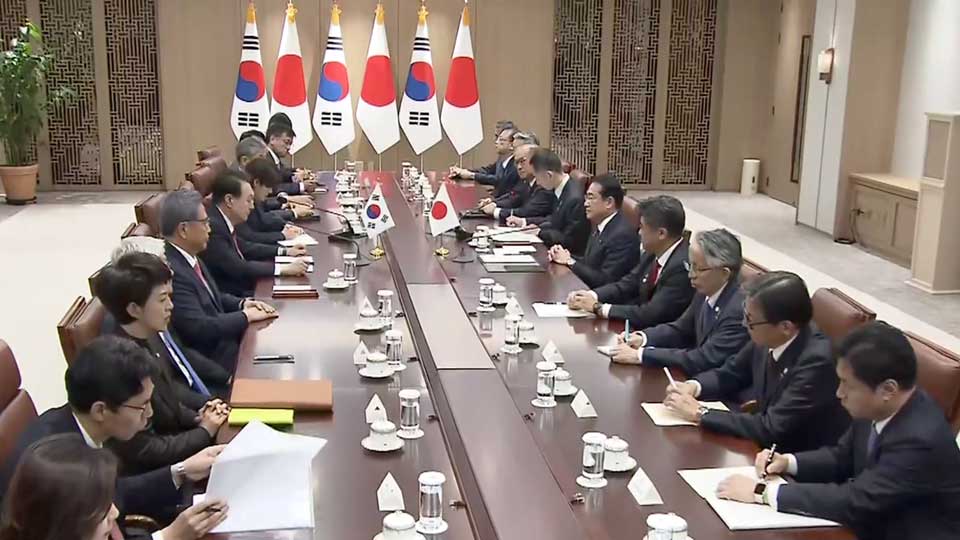
S.Korea to inspect treated and diluted water from Fukushima nuclear plant
Yoon also said he and Kishida agreed that Seoul will send a team of experts to inspect the Fukushima Daiichi nuclear power plant this month.
Tokyo plans to release water used in the crippled reactors into the ocean after it's been treated and diluted.
The power plant in northeastern Japan suffered a triple meltdown in the March 2011 earthquake and tsunami.
Water used to cool molten fuel mixes with rain and groundwater. It is treated to remove most of the radioactive materials before being stored, but it still contains tritium.
The treated water will be diluted to reduce tritium levels before it is released into the ocean. Its tritium concentration will be lowered to one-seventh of the World Health Organization's standards for drinking water.
South Korea has expressed reservations about the plan and potential impacts on the environment. Kishida hopes the inspection will build trust and help allay Seoul's concerns.
Kishida and Yoon to meet again next week at G7
Japan has invited Yoon to the Group of Seven summit set to begin on May 19 in the Japanese city of Hiroshima.
Yoon pledged to join a tripartite meeting with Kishida and US President Joe Biden on the sidelines of the G7. He said that close cooperation and exchanges are critical in countering North Korea.
Wartime labor issue has been a major sticking point
Tokyo has long maintained that any right to claims related to wartime labor was resolved in 1965, when Japan and South Korea normalized ties. The agreement stipulates that any claims have been "settled completely and finally."
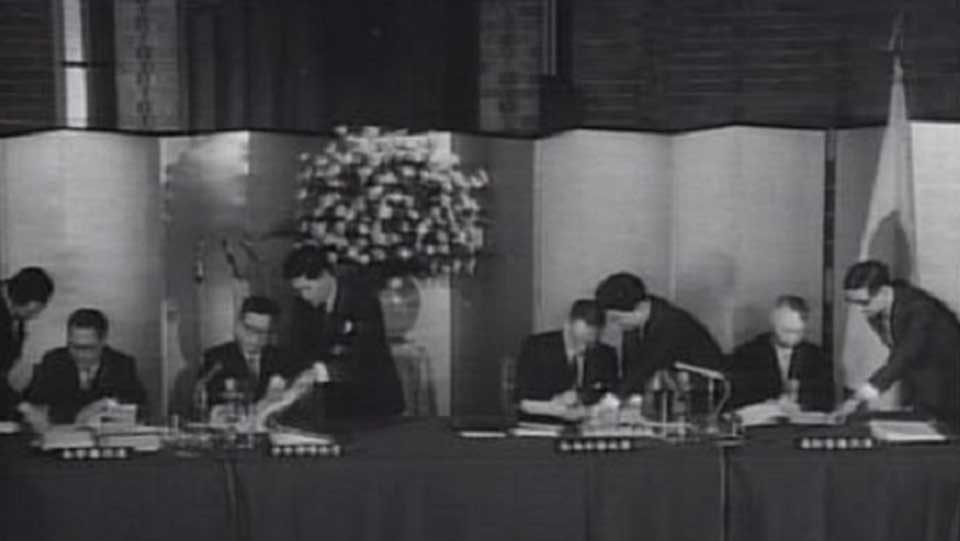
As part of the deal, Tokyo provided Seoul with economic assistance worth 500 million dollars--an amount well in excess of Seoul's annual national budget at the time.
In 2005, the South Korean government released diplomatic documents showing that the two sides had agreed compensation would be paid by the South Korean government. Seoul's stance was that the wartime labor issue had been resolved with the normalization of ties.
But in 2018, South Korea's Supreme Court ordered Japanese companies to pay compensation related to wartime labor. Seoul abided by the court's decision, prompting Japan to call the move a violation of international law.
What's behind Kishida's trip to Seoul?
NHK World's political correspondent Shimizu Daishi looks at the Japanese government's motivations.
Q: Did the Kishida administration get what it wanted from the summit?
A: The Japanese government appears to view the talks as a success to some extent.
One of the reasons behind Kishida's decision to visit Seoul was consideration for South Korean public opinion.
Many members of the Japanese government view President Yoon positively for his efforts to resolve the wartime labor issue.
But there has been criticism in South Korea that Yoon has given too much to Japan. Japanese officials don't want the Yoon administration to be driven into a corner.
Kishida's remarks on wartime labor suggest that he is trying to ease public opposition in South Korea. A Japanese government official said the visit provided an important opportunity to help improve relations between the two countries.
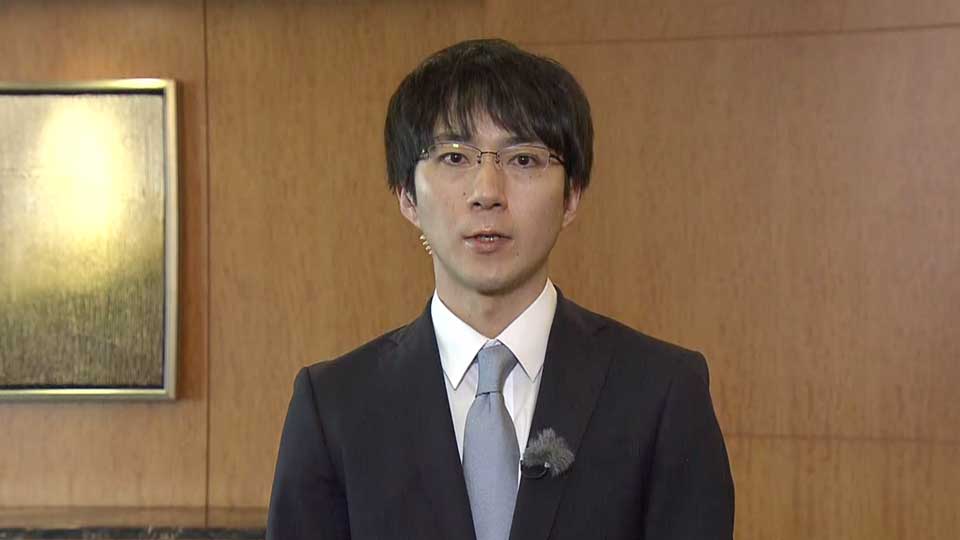
Q: Do their ties remain at risk of deteriorating?
A: The relationship could certainly take another turn for the worse.
There are still a number of pending issues between the two nations, including the issue of those referred to as comfort women, and the Takeshima islands that South Korea controls and Japan claims.
There is deep-rooted suspicion within the Japanese government that the South Korean side may change its stance.
Even so, Kishida has decided that Japan should not miss the opportunity to improve relations with South Korea, an ally of the United States, given the rapidly changing security environment in East Asia. The Japanese government plans to focus on areas of cooperation, mainly in the field of security, and seek solutions to pending issues while avoiding conflict.
How does Yoon hope to use the summit?
NHK World's Seoul correspondent Otani Satoru explains South Korea's next moves following the talks.
Q: How does the Yoon administration view the outcome of the summit?
A: I think the South Korean government sees Kishida's remarks on the wartime labor issue, in which he said it hurts his heart, as a step forward.
South Korea's Yonhap news agency reported an expert as saying that Kishida expressed a relatively advanced stance.
The South Korean government also seems to recognize that having a team of experts from the Korean side inspect the Fukushima Daiichi nuclear plant is important progress. There are strong concerns in South Korea over the plan to release the treated water.
These results from the summit have encouraged the Yoon administration to plan to step up communication and shuttle diplomacy between the two countries.
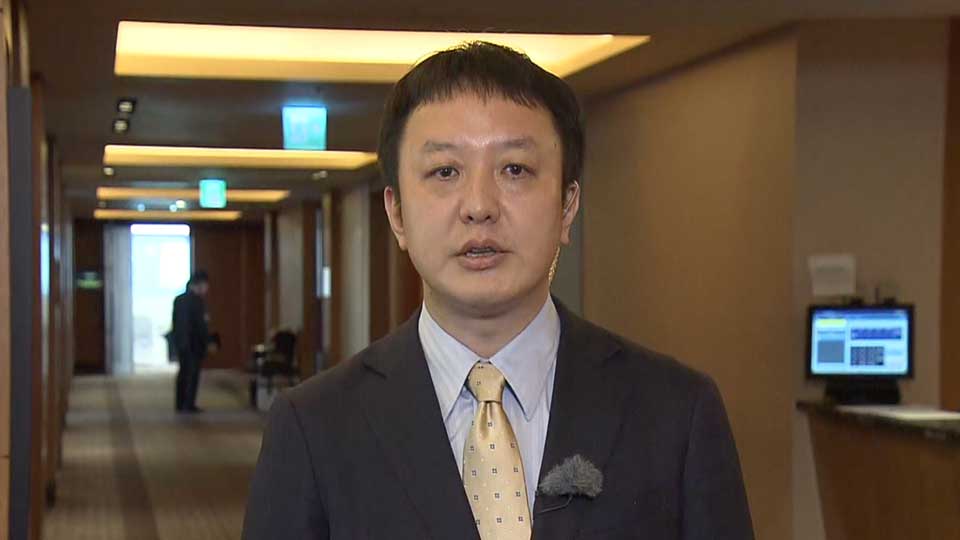
Q: The Yoon administration's approval rating remains low, so how can it gain the understanding of the South Korean public?
A: Yoon plans to keep pushing the point that improving relations with Japan, with which it shares important values, will benefit South Korea and its economy.
The Yoon administration's position is that Japan, the US and South Korea need to strengthen cooperation to counter the threat from North Korea's accelerated nuclear and missile development.
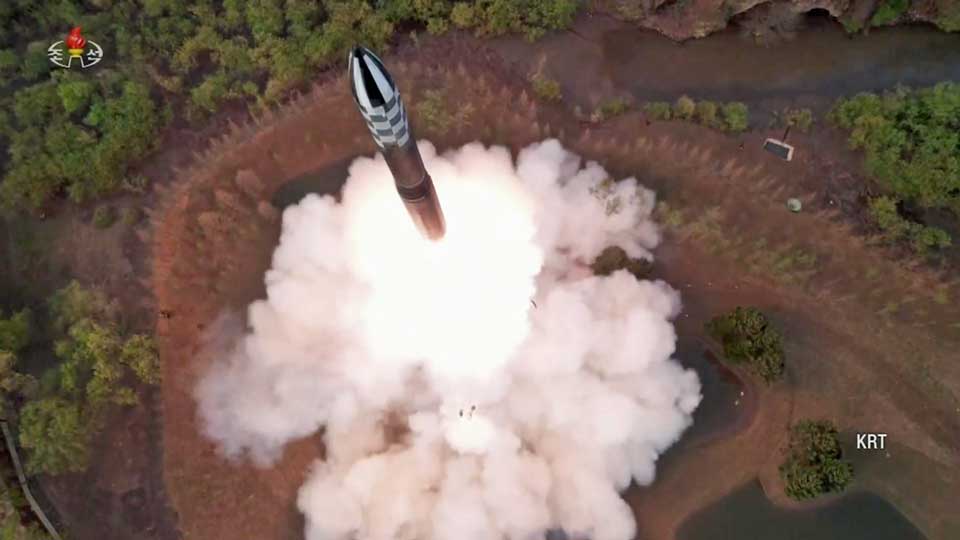
The leaders of the three countries are scheduled to hold a trilateral meeting on the sidelines of the G7 summit in Hiroshima. The Yoon administration hopes to use diplomatic achievements to gain domestic support and boost its standing in the run up to the general election in April next year.
Kishida's wartime labor remarks get mixed response
South Korea's major newspapers have given mixed reactions to Kishida's comments on the wartime labor issue.

The conservative Dong-A Ilbo newspaper said in an editorial that Kishida had limitations as he had to consider the conservatives in his country. It went on to say that he made the effort, although on a personal level, to respond to South Korea's moves to improve ties.
Another conservative paper, the Korea JoongAng Daily, said his remarks were a step forward. It added "Everything cannot be satisfied from the outset. Increasing common understanding little by little is a realistic way to accelerate the improvement of relations."
The progressive Hankyoreh newspaper, however, said there was no message of remorse or apology on a governmental level. It said Kishida's comments were far from the sincere response that South Korea was expecting.
